Bemdaneprocel: Stem Cell Therapy for Parkinson's Shows Promising Results
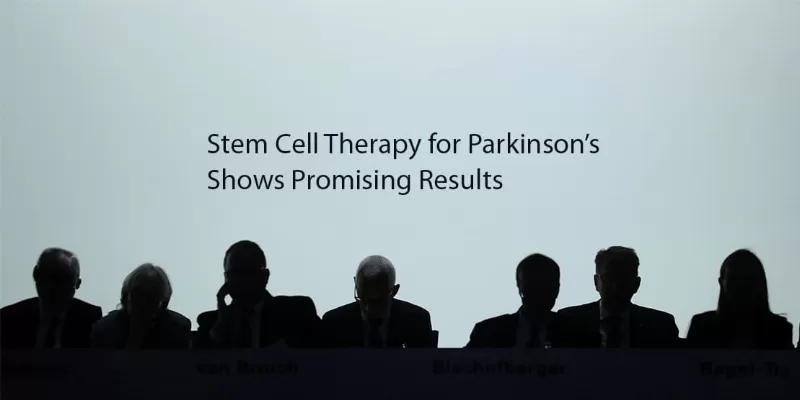
29 August 2023
Bayer's subsidiary, BlueRock Therapeutics, reported promising results from an early-stage trial of its stem cell therapy, bemdaneprocel, for Parkinson's disease treatment. The 12-person trial showed the therapy was safe and well-tolerated. Patients who received a high dose demonstrated marked improvement in symptoms a year post-treatment, experiencing increased hours of symptom control.
This innovative approach, presented at a medical conference in Copenhagen, aims to replace the dopamine-producing nerve cells that Parkinson's patients lose over time. Following these positive outcomes, Bayer plans to commence the second phase of trials in 2024. The therapy, named bemdaneprocel, was developed by Massachusetts-based BlueRock Therapeutics.
The preliminary study tested both low and high doses of bemdaneprocel. Across both groups, there was evidence that the therapy had successfully integrated and persisted. More promisingly, a year after receiving the treatment, patients who were given the high dose showed marked improvement in their Parkinson’s symptoms. Dr. Claire Henchcliffe, a key investigator of the study and the chair of neurology at the University of California, expressed optimism about the results, emphasizing that although it’s a modest trial, the promising safety profile and observed clinical improvements hint at a significant advancement in the field.
Parkinson’s disease, affecting an estimated half a million people in the U.S alone, is a degenerative condition where nerve cells in the brain responsible for movement deteriorate or become damaged. This loss is linked to a deficit in dopamine, a chemical messenger crucial for several brain functions. The present therapies primarily focus on managing the dopamine levels. However, BlueRock's treatment deviates from this paradigm. Instead, it aims to replace the dopamine-producing nerve cells that Parkinson’s patients lose over time.

This innovative approach involves transforming human pluripotent embryonic stem cells into dopamine-generating nerve cells. These are then introduced into the brain to reinstate the neural networks disrupted by the disease. Additionally, drugs are administered to the patients to prevent the immune system from attacking these newly implanted cells. The results of this study were unveiled at the International Congress of Parkinson's Disease and Movement Disorders in Copenhagen.
While the quest for an effective Parkinson's treatment has seen numerous challenges over the years, this study's outcomes have ignited hopes in the medical community. A spectrum of research entities worldwide, including institutions like Cambridge University and Harvard, are also exploring similar cell transplant approaches to restore dopamine production in the brain.
Participants were tasked with recording their "on" and "off" states, denoting periods when symptoms were well-controlled versus when they were exacerbated. Those in the high-dose group reported over two more hours of "on" states and nearly two fewer hours in the "off" state daily, one year after treatment. The low-dose group also reported benefits, with an average of 0.72 additional hours in the "on" state and a reduction of 0.75 hours in the "off" state per day.
Following these promising results, Bayer has announced that it plans to advance to the second phase of human trials, set to begin enrolment in the first half of 2024. This recent development is in line with Bayer's ongoing commitment to investing in cell therapy.
Previously, they led a significant funding round for Senti Biosciences, focusing on creating cell therapies for cancer, and acquired stakes in potential cell treatments from Atara Biotherapeutics for solid tumors. With over 10 million people globally grappling with Parkinson's, a condition marked by progressive brain damage and symptoms such as tremors and muscle rigidity, these early results represent a beacon of hope in the relentless search for a cure.

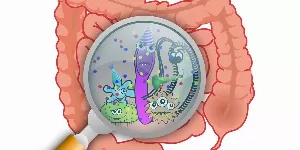



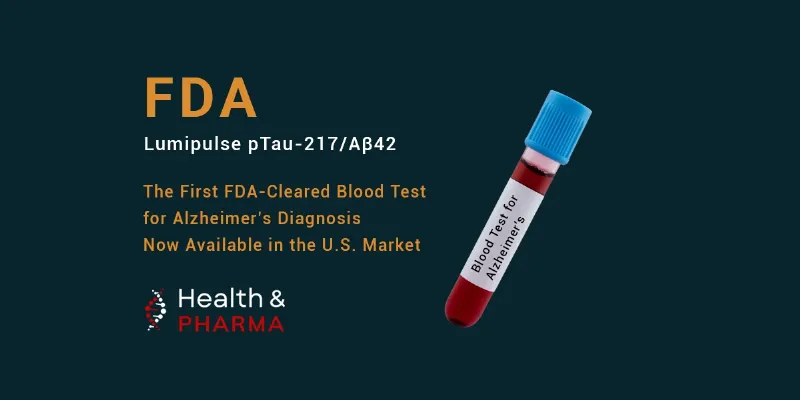
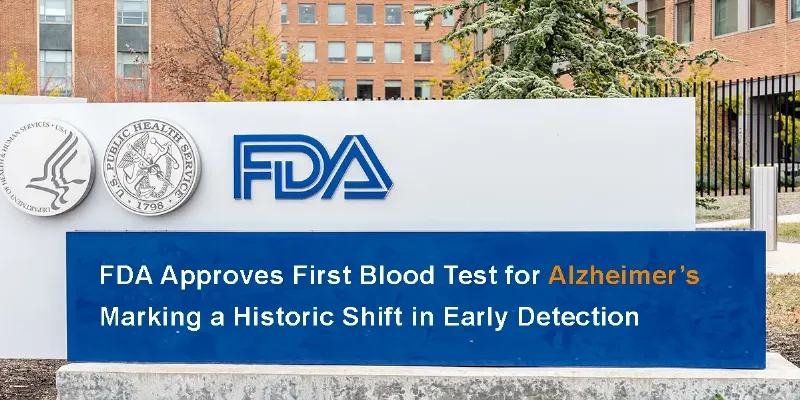
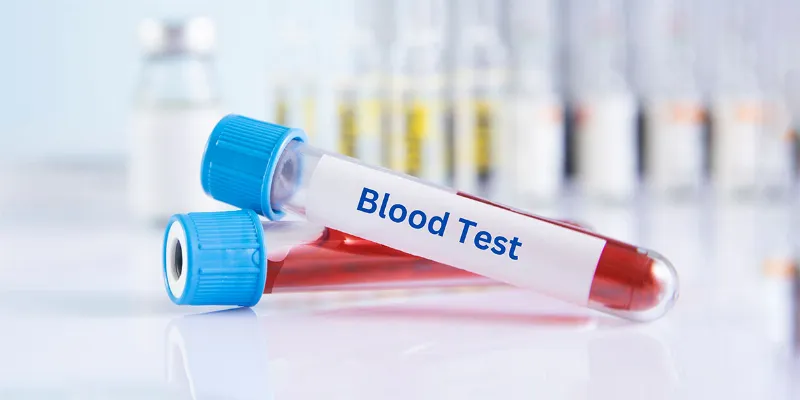

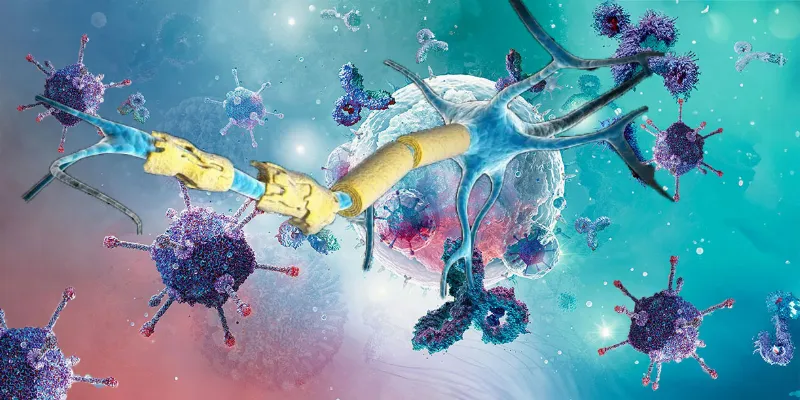
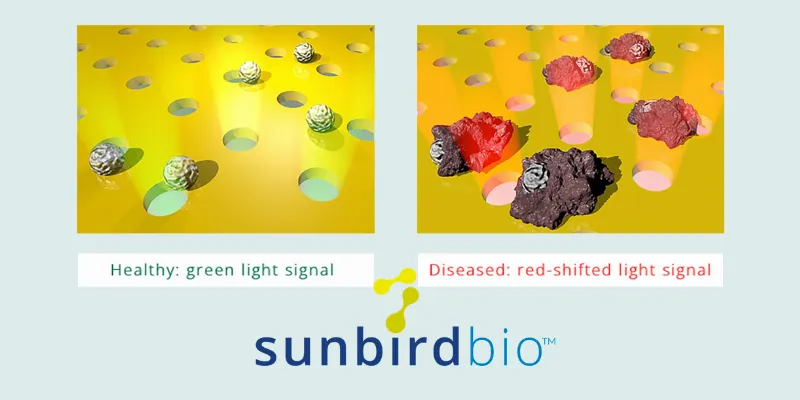
Comments
No Comments Yet!